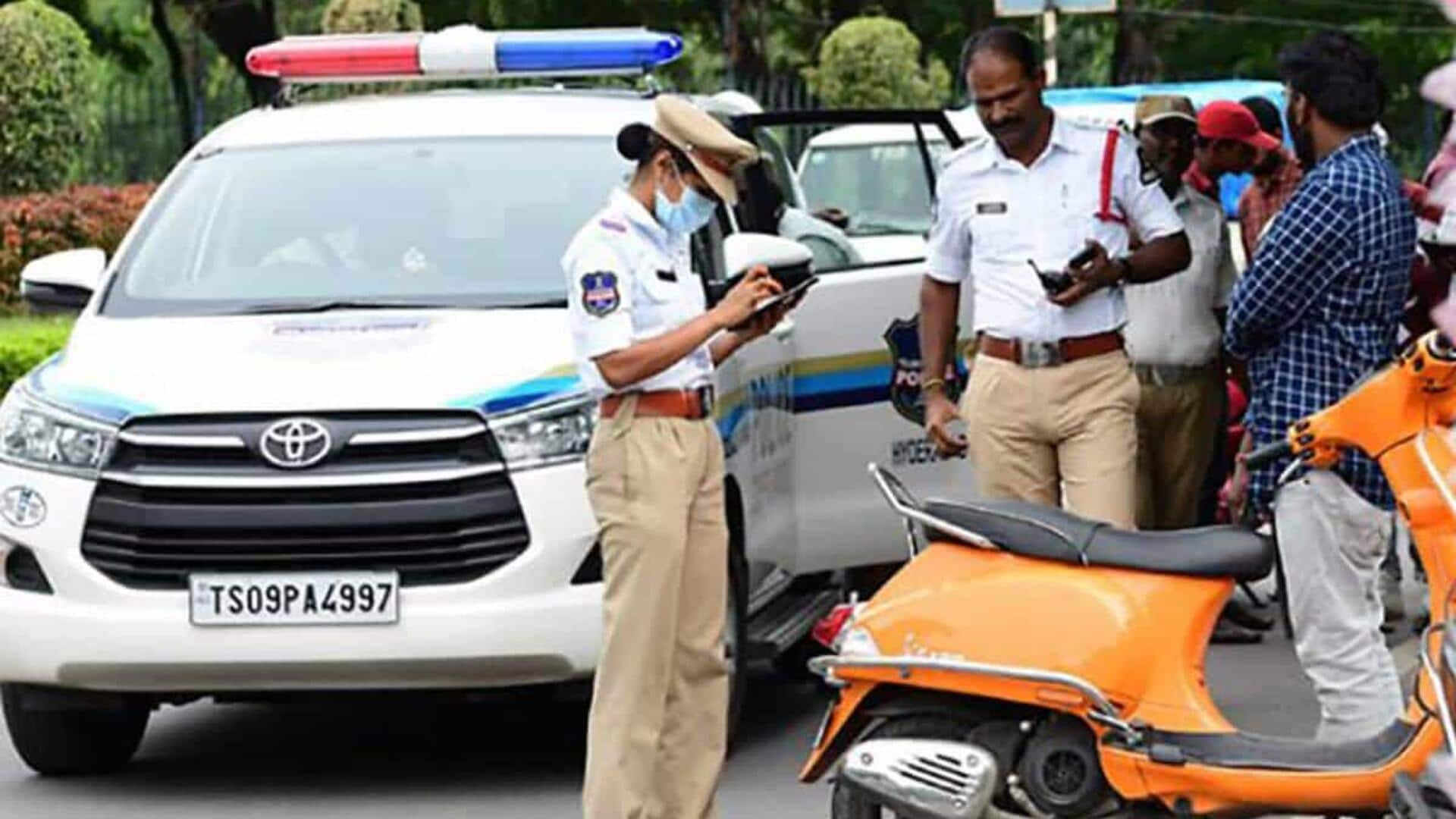
Do you know? Lok Adalat can reduce your traffic fines
What's the story
Indian vehicle owners who have received a traffic challan now have the option to appeal at the Lok Adalat, potentially reducing their fine amount. The Lok Adalat is an alternative dispute resolution mechanism in India, aimed at settling disputes and cases either pending in court or at pre-litigation stages. The National Legal Service Authority recently announced the dates for the 2024 Lok Adalats, with the third National Lok Adalat scheduled for September 14.
Process
Procedure to contest traffic challans
To contest a traffic challan at the Lok Adalat, vehicle owners must first gather all necessary legal documents related to the traffic challan. This includes any notices or previous communication from law enforcement authorities regarding the violation. Prior to attending the Lok Adalat, vehicle owners need to verify if there are any pending traffic violation cases against them or their registered vehicle. This can be done by visiting the local traffic police website or district court and providing vehicle details.
Support
Assistance is provided for disputes
Lok Adalats often establish dedicated help desks at district courts, including traffic help desks. These desks can provide necessary information on how to present your case to the court and offer guidance on settling the traffic challan. To make a case, vehicle owners need to provide their vehicle registration number which assists in retrieving details about any pending challans issued against their vehicle. In some jurisdictions, it may be necessary to book an appointment at the Lok Adalat in advance.
Resolution
Negotiation and settlement of traffic challans
On the appointed date, vehicle owners should attend the Lok Adalat with all relevant documents. They should be prepared to negotiate and discuss settlement terms with authorities present. The Lok Adalat encourages mediation between parties, and being open to negotiations can lead to a fair resolution. If vehicle owners can provide fair reasons, their traffic challan could be completely scrapped or reduced to a significantly lesser amount.